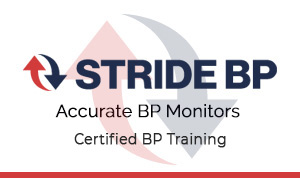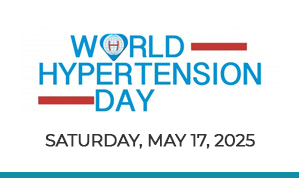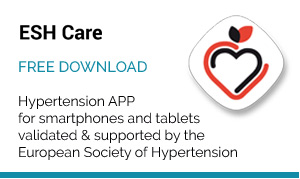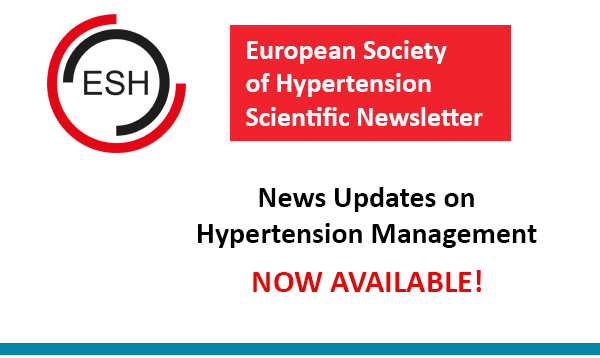June 13, 2006, Madrid, Spain – A new definition of arterial hypertension was presented by Professor Thomas Giles during a Joint Symposium of the European Society of Hypertension and the American Society of Hypertension today at the 16th European Meeting of Hypertension in Madrid, Spain. This new definition was developed by a Working Group of the American Society of Hypertension to improve detection and treatment of hypertension.
Hypertension should be viewed as a complex cardiovascular disorder, not just blood pressure values, and this is the driving concept for creating this new definition. The urgency and aggressiveness to treat hypertension should be driven by the blood pressure value in the context of the individual patient’s global risk, not a specific blood pressure cut-off level. “There is no magic number that tells whether a person is sick or well,” stated Giles. Clearly, cardiovascular risk begins at blood pressure levels that are considered physiologically normal (115/70 mmHg). Therefore, the presence or absence of risk factors, early disease markers, and target organ damage better represent physiological abnormalities caused by hypertension, and should drive decision-making for treatment.
The Working Group definition of hypertension would help to identify which persons in the large and diverse category of “pre-hypertension” from the JNC-VII guidelines are actually at risk and thus need treatment. The recently published TROPHY trial, which treated persons considered “pre-hypertensive”, showed that treatment does reduce blood pressure to goal and this reduction could be maintained. A closer look a the TROPHY study population shows that 96% had at least 1 cardiovascular risk factor, 81% had 2 or more, and 33% had 4 or more risk factors. By the Working Group definition, these persons would be candidates for treatment of their total cardiovascular risk, that is, with antihypertensive agents and other drugs such as aspirin and statins as appropriate. Historical data, such as that from the Framingham Heart Study, clearly show that treatment of hypertension reduces cardiovascular events. The Working Group believes that better identification of at-risk patients for earlier and more thorough treatment will lead to better control rates for hypertension and a reduction in strokes, heart attacks, and other complications.





